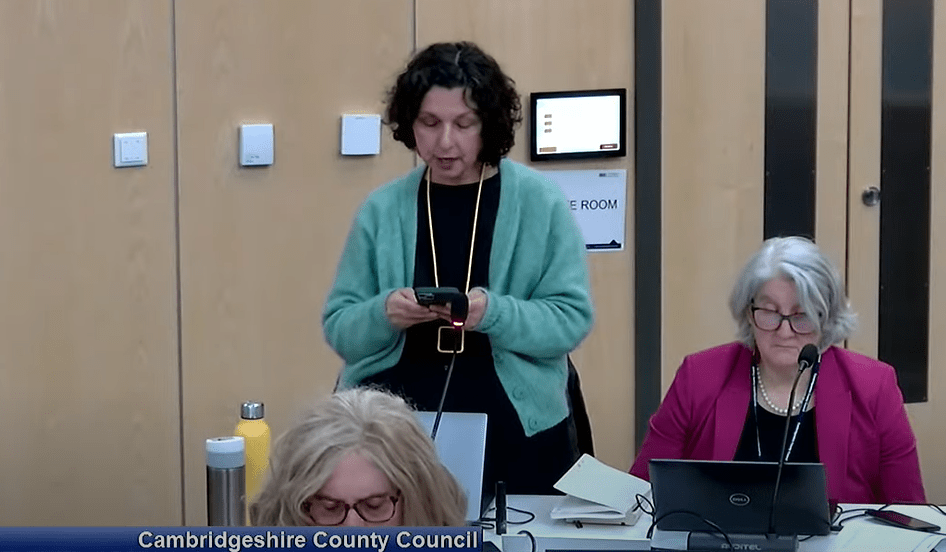The Planning Inspectorate quashed an enforcement notice issued by South Cambridgeshire District Council against Andrews Coaches of Foxton near Cambridge. The enforcement notice was served in September 2021 alleging breaches of planning control.
But D Hartley, the inspector who conducted an appeal, has confirmed, two years later, that “the enforcement notice does not specify with sufficient clarity the alleged breach of planning control.
“It is not open to me to correct the error in accordance with my powers since injustice would be caused were I to do so”.
Mr Hartley added: “The enforcement notice is invalid and will be quashed.”
The coach firm is based at 22 Cambridge Road, Foxton, and the council had alleged a material change of use for part of the land which they claimed did not having planning permission for a coach depot including the parking and storage of coaches.
Council wanted coaches removed from land
The council had wanted the removal of all coaches and all items associated with the coach depot and coach storage permanently from part of the land.
South Cambridgeshire District Council also alleged Andrews Coaches had created an area of hardstanding for use as a coach depot on the land.
But boss Andrew Miller appealed to the Planning Inspectorate and has been successful in having the enforcement notice lifted.

The council had also told him to remove all hardstanding from the area of land in dispute and reseed with grass.
He was given three months to comply, but that period was frozen pending the appeal.
Mr Hartley said there were two grounds for appeal, and he had dealt with them together because of an overlap of issues.
His ruling – published last week – examines all the issues raised by the council and deals with the legalities in depth.
He concludes that “there has not been a material change of use as alleged by the notice”.
Mr Hartley said: “It is theoretically possible that there has been a material change of use through intensification of the coach depot component, but I cannot consider whether that has occurred because there is not sufficient evidence before me.
“In this case, I cannot therefore correct the breach of planning control without causing injustice.
“Furthermore, a possible correction of the breach of planning control would cause injustice in so far that the case made by the appellant in respect of some of the grounds of appeal would likely have been very different.”
Not sufficient clarity claim
He added: “The notice also relates to a hardstanding. This appears to be enforced against in its own right. The notice states that the same ‘land hatched blue’ as the alleged material change of use includes unauthorised hardstanding.
“Given my findings relating to the alleged material change of use, I do not find that there is sufficient clarity in the notice in terms of the purpose for which the said hardstanding would be used.
“It is not, for example, clear whether the hardstanding has been used to facilitate a material change of use through intensification of the mixed use on the site.”
Mr Hartley added: “A consideration of the hardstanding area in isolation is not possible as I cannot be certain about the specifics of the use of such hardstanding given my conclusion relating to the alleged material change of use.
“In other words, the consideration of the hardstanding area needs to be considered alongside the use of such land and the breach of planning control is not accurate and so does not provide the certainty needed in this regard.
Breach of planning control not described
“Furthermore, it is not clear whether the hardstanding area has or has not facilitated a material change of the land through intensification. This is a matter that would need to be separately investigated by the council.
“In conclusion, the notice does not describe a breach of planning control that has occurred.
“There has either been no material change of use and no breach, or there has been a different breach which the notice could not be corrected to describe. The outcome is the same either way.
“Furthermore, and for the reasons outlined, I cannot proceed to consider the alleged hardstanding with sufficient clarity and certainty in terms of its use.
“Therefore, and, for these reasons, the appeals succeed.”




















